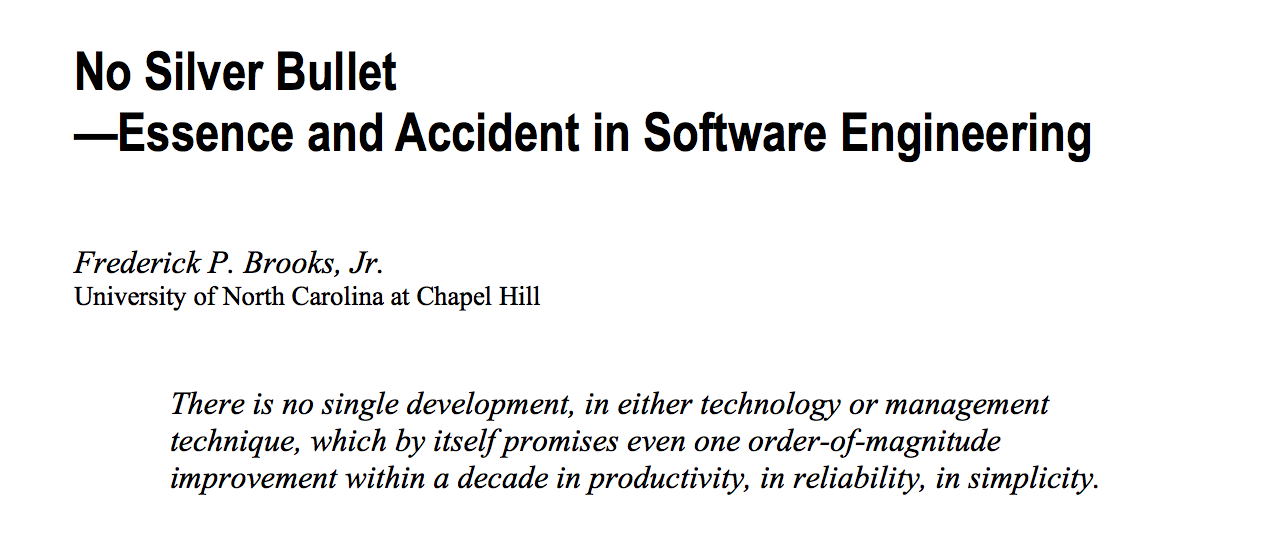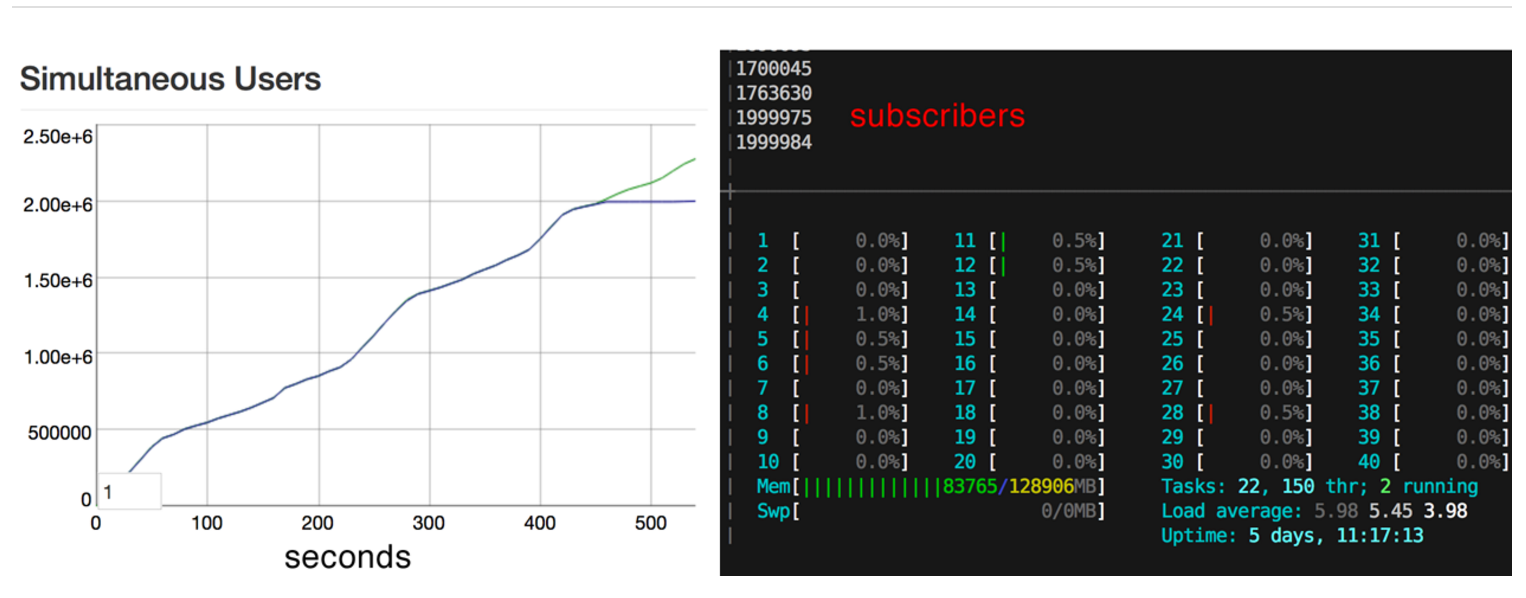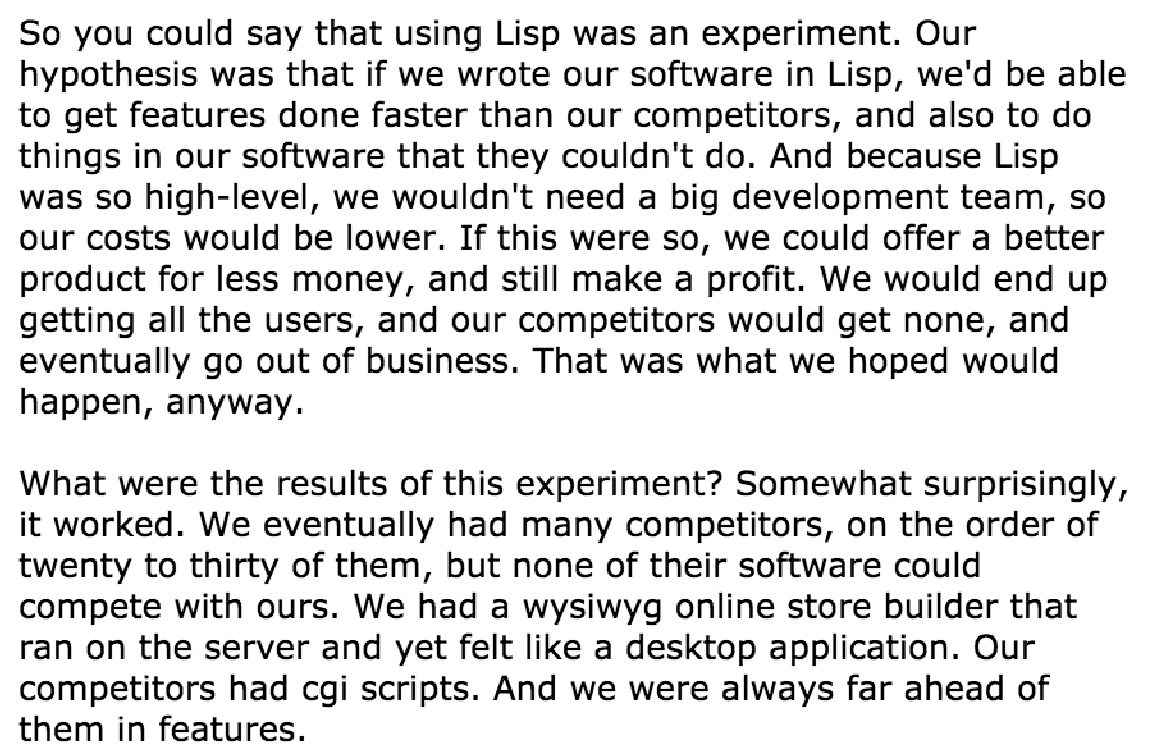Richard Nixon & RFC 768
Musings On Matters Elixir, OTP, BEAM, and Phoenix that I couldn't think of a name for that doesn't involve a disgraced president or UDP. Explanation coming soon.
Hi, I'm Bobby
@yburyug
What This Talk Is
- Designing a large Elixir/Phoenix application
- Deploying it
- The business case for Elixir
- The developer case for Elixir
- A look at when its the best tool
What This Talk Is Not
- Extremely technical at an OTP/micro level
- A complete solution to all your woes
- A beckoning for us all to use these new tools with no real reason
A Project Proposal
Exploring Options
Veridian Dynamics
Veridian Dynamics has a problem. They are paying far too much to grab customer data for quoting insurance policies in their new property & casualty division through an API. They have reached an agreement with a data provider to get all the raw data they want, but they need to be able to query it via an API.

The Pieces
- Grab all the data from a server the provider puts it on
- Normalize + Preprocess it all in an ETL pipeline
- Back up all the data given from provider
- Keep data updated with new files
- Put everything in a database
- Expose it via an API
The Gotchas and Whathaveyou's
- These files are far from an RFC compliant CSV, a custom set of rules must be built up
- They range in size from a few megabytes to hundreds of gigabytes
- Update times are random
- Somehow there is no way other than FTP to get this stuff
Potential Options
Rails! The Good
- Team has background in it!
- Lots of best practices for deploying large apps
- Easy to find more team members
- Server costs will be expensive with how much data + throughput we will have
- Complicated builds for workers and processing
- Monolithic
Rails! The Bad
Go?
- Service oriented, simple small components
- Much faster
- No one on the team knows it :(
- Heavy turn from typical interpreted languages
Elixir, Phoenix, BEAM, and OTP
OTP & BEAM
- Battle tested for decades
- Amazing support for concurrency
- Wtf I get a free super fast distributed database built in? Raunch
- Static analysis is built in? Mmmm
- Distributed communication protocols are built in?
- We are not in Kansas anymore
Elixir
- Simple elegant syntax
- Powerful but minimal standard library
- Easy to pick up the basics
- Can easily interface with Erlang, some libraries might already be here and just not be pure Elixir
Phoenix
- Mind bogglingly fast, consistently
- Architecture feels familiar
- Heavily modular
- Is getting very mature
What is the right answer?
What does this application actually have to do?
- Read and copy files from a remote server
- Listen for change on remote server
- Interface with a service to back up files
- Process and normalize files
- Interface with a database
- Make data available via REST

We have many moving parts, but the processes themselves are simple
Takeaways
When & Why to Use These Tools

When It Works
- Greenfield projects without obscure requirements
- Simple APIs
- Websockets needs
- Small services
- Heavy traffic
When It
Wont
- Super tight deadlines
- Things that cant allocate time for functions that may just be a gem drop-in with Rails
- If you cant invest time in ops and research/learning
Developer Wins
Built In Docs Makes Learning Easy
iex(1)> h String.split
def split(binary)
Divides a string into substrings at each Unicode whitespace occurrence with
leading and trailing whitespace ignored. Groups of whitespace are treated as a
single occurrence. Divisions do not occur on non-breaking whitespace.Clean, Modular Code
defmodule App.CronJob do
use GenServer
def start_link() do
GenServer.start_link(__MODULE__, [])
end
def init([]) do
schedule_work()
{:ok, []}
end
def handle_info(:work, state) do
state = do_work(state)
schedule_work()
{:noreply, state}
end
defp do_work(state) do
2 * 2 # or call some other module/function etc
IO.puts "running"
end
defp schedule_work do
Process.send_after(self(), :work, (60 * 1_000)) # one/minute
end
end
GenServer.call(App.CronJob, [])Oh, the concurrency & parallelism




:observer

Community
CommunityCommunity
Business Wins
Servers Are Expensive? Lol Nah.

Portability

From the docs:
A Competitive Edge

Paul Graham, Beating the Averages
Architecting It All
Essential Flow
- FTP Monitor listens for change
- FTP Download Worker spawned if change happens
- S3 worker backs up new files
- Splitter splits files evenly
- Preprocessor processes files
- Database Loader inserts/updates records
- API lets you query data
Umbrellas
- Many isolated apps
- Build tools make it easy
- Keep everything in one place but easily separable
Simple Modules
File Splitter
- Take in a path
- Split some files by the number of lines specified
- Write it out to a given directory
Database Loader
- Use PG_COPY to update in bulk after processing
- Handle regular updates using normal querying when new data is available
OTP Apps
Supervisors & Trees & Workers, oh my!
Periodic S3 + FTP Listeners
- List the files on FTP server or S3 Bucket, keep track of the state
- If the state changes, send a message
FTP & S3 Downloads/Uploads
- When summoned, download or upload the selected file
- Do this reliably, and do nothing else
File Preprocessor
- Our files need scrubbing. These folks did us no favors here
- Use custom rules etc to create something reasonable
Phoenix API
- A simple search endpoint for first/last name
Our Application

Core Ideas
- Isolated, simple components
- Single responsibilities
- Communicate via messages & leverage OTP
Deployment
For the Hobbyist:
Digital Ocean/Cloud Provider
For the Team Lacking an Ops Person:
Heroku
The Big Kid Solution:
AWS
The "I Have a Robust Ops Team" Option:
Self-Administration & Configuration
Deployment Tools
git push heroku master
Exrm
Edeliver
Woes Along The Way
Also:
An Idea for a Community Initiative
Q & A
Richard Nixon & RFC 768
By Bobby Grayson
Richard Nixon & RFC 768
- 2,171


